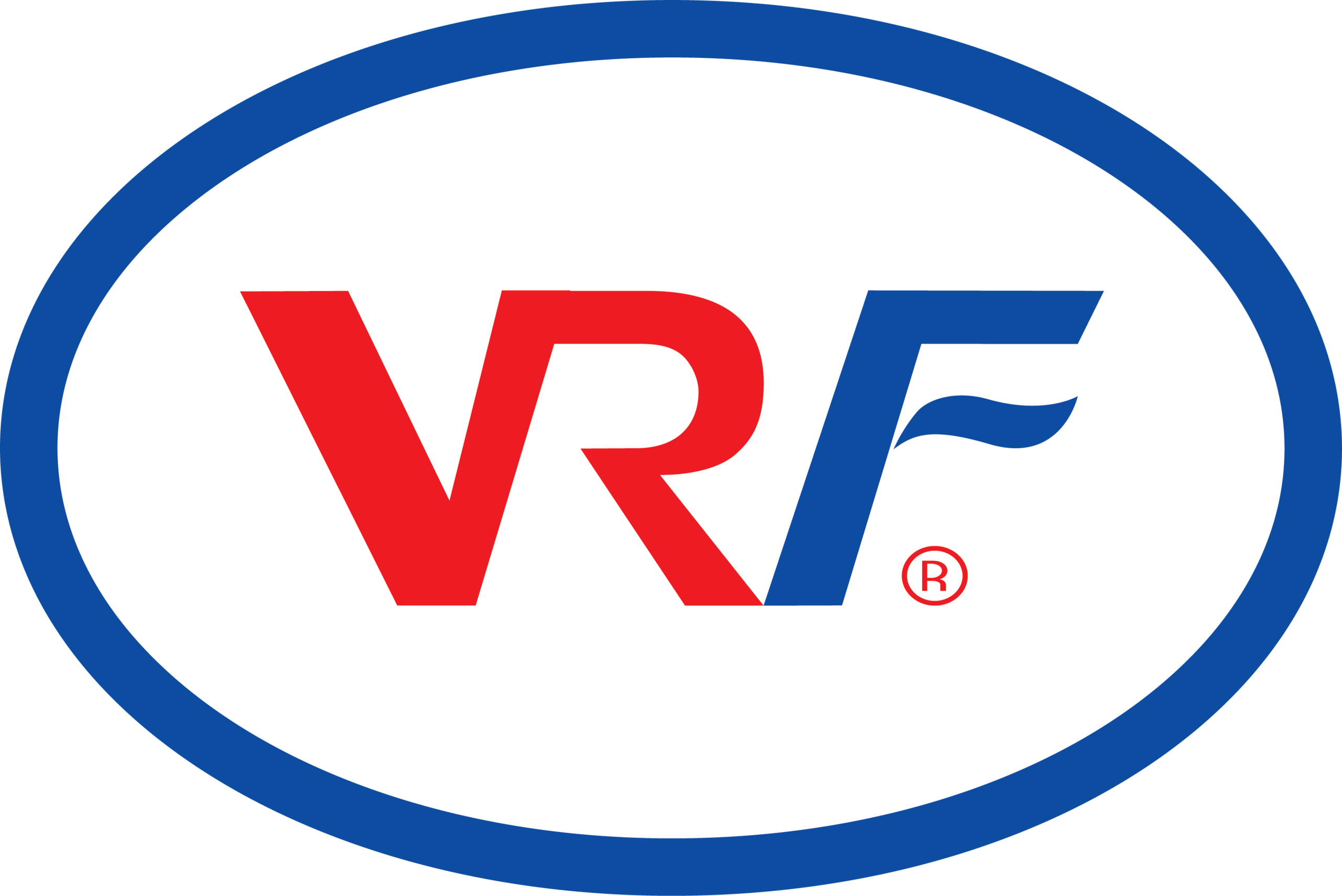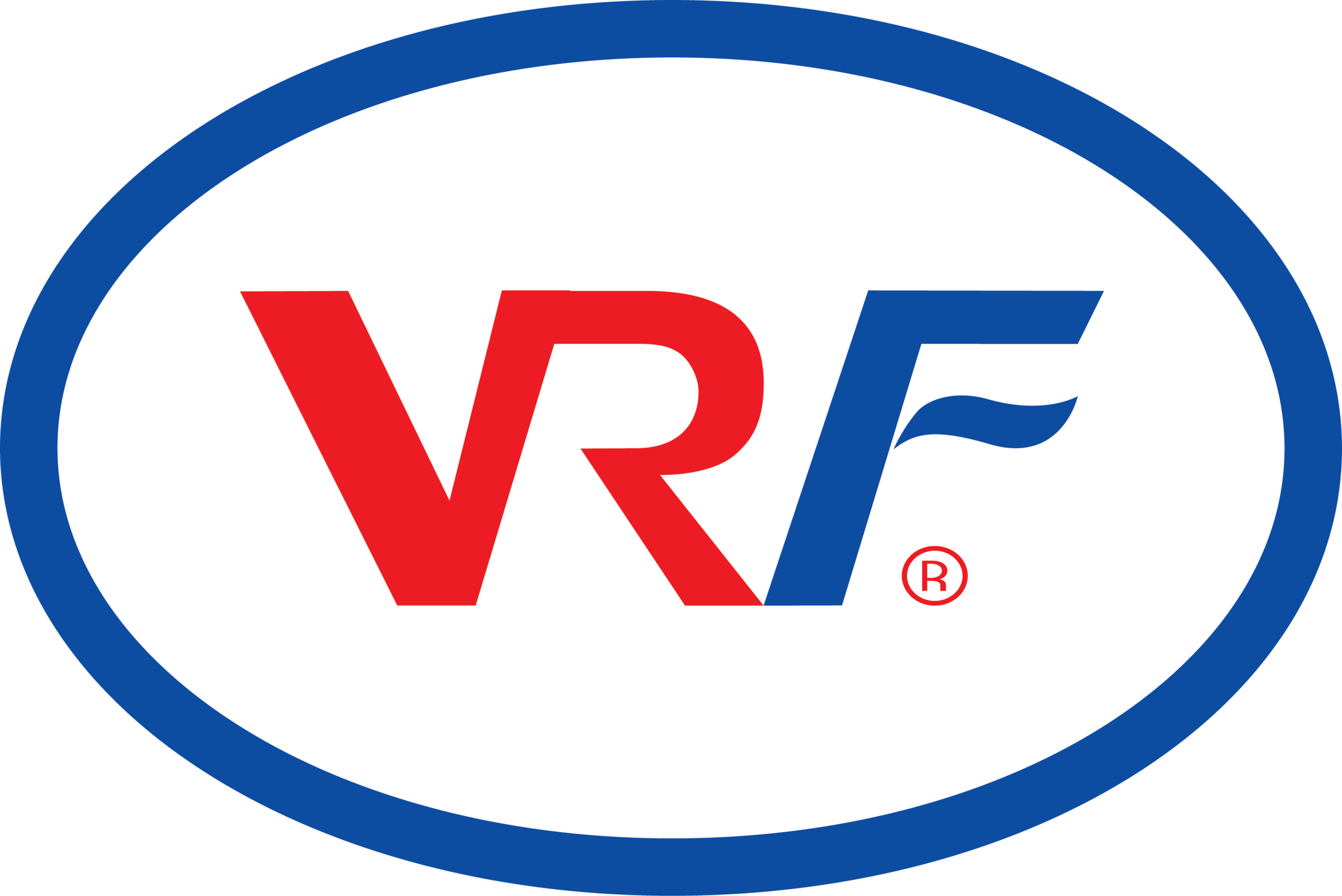The global competition for Sustainability Management Software Market Share is a dynamic and evolving contest among a diverse group of vendors, all vying to become the system of record for corporate ESG data. This rivalry is playing out in a market experiencing explosive growth, with a projection indicating it will reach a valuation of USD 1.14 billion by 2035, expanding at a remarkable 18.92% CAGR. In this high-growth environment, market share is won by offering a comprehensive platform that can handle complex data, adapt to changing regulations, and provide clear, actionable insights for a range of stakeholders, from sustainability managers to the C-suite.
The market share landscape is currently led by a group of established, pure-play specialists in the EHS (Environment, Health, and Safety) and sustainability software space. Companies like Enablon (owned by Wolters Kluwer), Sphera, and Cority have been market leaders for years, building their reputation on providing deep, feature-rich platforms that are trusted by large industrial companies for compliance and operational risk management. Their extensive experience, comprehensive reporting capabilities, and deep industry-specific knowledge give them a strong and defensible position, particularly in heavily regulated sectors like energy, chemicals, and manufacturing.
However, the dominance of these specialists is being challenged by the entry of the world's largest enterprise software and cloud companies. Salesforce, with its Net Zero Cloud, has aggressively entered the market, leveraging its powerful CRM platform and brand recognition to offer a solution focused on carbon accounting and climate action. Similarly, enterprise giants like SAP and Microsoft are integrating sustainability and ESG data management capabilities directly into their core ERP and cloud platforms. These behemoths have a massive competitive advantage in their existing customer base, to whom they can cross-sell their sustainability solutions as a natural extension of their existing technology stack.
The future distribution of market share will be shaped by several key factors. We can expect significant consolidation through mergers and acquisitions, as the large platform players acquire smaller, innovative startups to gain specific technological capabilities or industry expertise. The ability to effectively leverage AI to automate data collection, predict performance, and benchmark against peers will be a major differentiator. Furthermore, the vendors who can offer the most comprehensive and up-to-date support for the ever-growing list of global reporting frameworks and regulations will have a clear advantage. The battle will be won by the platforms that can best turn complex ESG data into a clear, strategic business asset.
Explore Our Latest Regional Trending Reports!
China Custom Software Development Market



